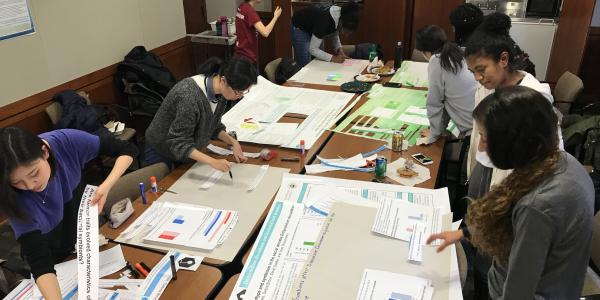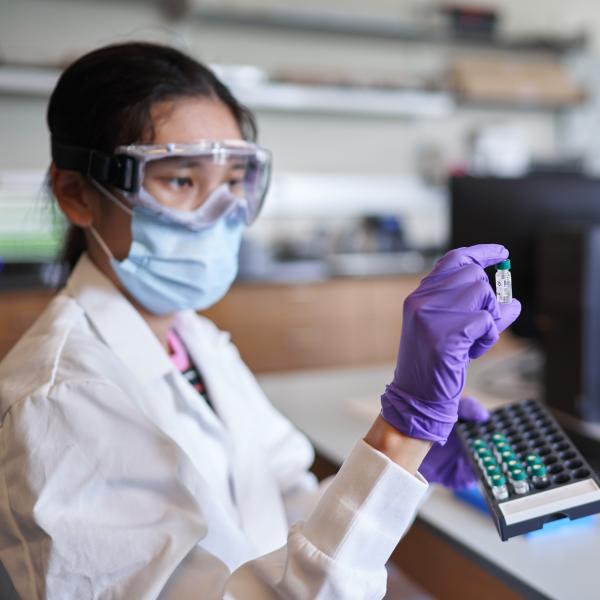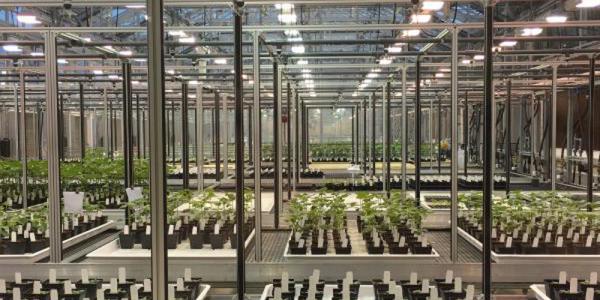Studying Biology at WashU
Biology is an exciting, diverse field ranging from the molecular biology of individual cells to interactions among entire populations of organisms. At Washington University, the biology department has a nationally recognized research program, a distinguished history, and a strong commitment to excellence in undergraduate teaching. More WashU students major in biology than any other offering in Arts & Sciences. An extraordinary number (more than 75%) of our undergraduates participate in research before graduation.
The Biology Major
The department offers seven majors. In addition to the biology major, students interested in a specific subfield may major in one of five optional tracks. The department also offers a major in environmental biology. No matter which major or track you choose, the program in biology provides a thorough education in the history of scientific discovery in biology, the logical and statistical procedures used to formulate and to test biological hypotheses, and technical skills needed for conducting contemporary biological research.
Biology Major
Ecology and Evolution Track
Genomics and Computational Biology Track
Molecular Biology and Biochemistry Track
Neuroscience Track
Microbiology Track
Environmental Biology Major
Beyond the Major
A high percentage of undergraduate biology majors go on to earn advanced degrees, either in medicine or in research fields. Over the last 6 years, 72% of the biology majors who applied to medical school were accepted, compared to the 45% national acceptance rate of biology majors into medical school during the same period. Some of our recent graduates elect to earn two advanced degrees in a combined degree program; they obtain their MD and PhD by enrolling in a Medical Scientist Training Program (MSTP) at a research-oriented medical school.
Explore Biology Career Options
Biology Career Resources & Outcomes




